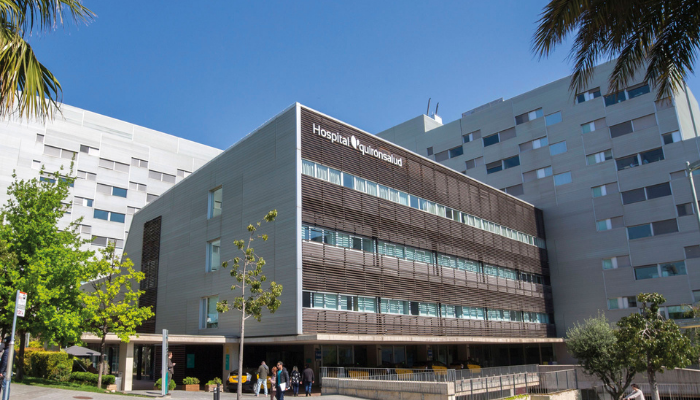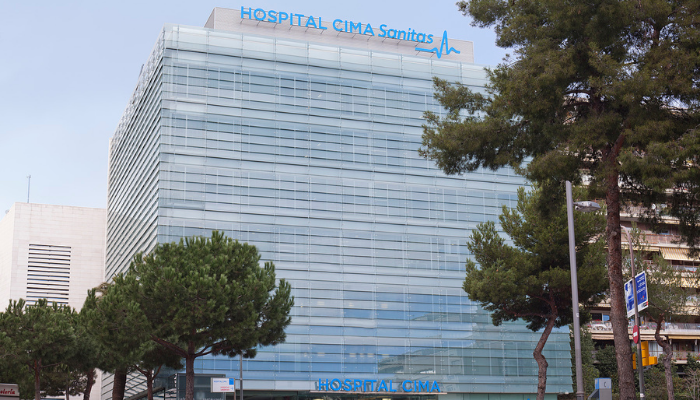Gastric Bypass in Spain
A Gastric Bypass is a surgical procedure that creates a small pouch in the stomach and is directly connected to the small intestine.
When food ingested enters this reduced stomach pouch, it will then pass directly into the small intestine, bypassing most of the stomach and the first section of the small intestine.
In Spain you can rely on doctors who are experts in treating obesity to help you regain control of your body and improve your health so that you can enjoy your life more.
Can we help you?
In a few moments, one of our specialists will contact you.







